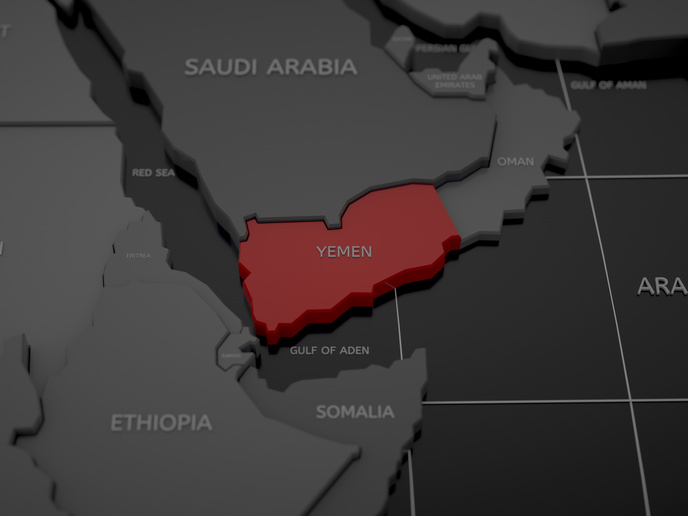The importance of churches in migrant experiences
Existing studies on evangelical churches and migration have examined their role as providers of refuge, resources and respectability as well as ‘brokers’ of integration. However, there are few studies in Europe on how religion shapes migrants’ lives in social spheres beyond the religious organisation, such as employment. The EU-funded MIGRANTCHRISTIANITY project “investigated the role of faith, on one hand, and churches, on the other, in helping migrants negotiate integration in the wider society and to navigate exploitative and discriminatory labour conditions,” notes Dr Francesca Scrinzi, the project’s Marie Skłodowska-Curie fellow and lead researcher. Comparative study of migrant Christianity in Europe A comparative qualitative study of evangelical migrants’ integration in mainline Protestant churches in Spain and Italy was carried out. The fellow collected life histories of Ghanaian and Latin American members of Protestant churches in the two countries. She also conducted semi-structured interviews with pastors, lay religious leaders, and representatives of Spanish and Italian Protestant organisations. Following this, observations were made during worship, prayer meetings, and activities of youth groups, women’s church groups and related informal social events. Finally, Dr Scrinzi studied documentary data such as leaflets and documents on the issue of migration and multiculturalism. “The fieldwork produced a large corpus of qualitative data on the understudied topic of migrant Christianity in Europe,” Dr Scrinzi says. MIGRANTCHRISTIANITY research therefore moved beyond the existing almost exclusive focus on Muslims in the field of migration and religion. Religion in the immigration context Project research revealed various ways in which religious participation is empowering for migrant believers. “They use religion and religious networks to negotiate settlement in immigration contexts and to resist racialisation,” Dr Scrinzi explains. Churches also help meet certain needs through services such as childcare, job search, and linguistic and professional training. MIGRANTCHRISTIANITY found that socioeconomic conditions in Europe influence Ecuadorian, Peruvian and Ghanaian migrants’ distinctive experiences of religion. Ecuadorians and Peruvians invest in building ‘intercultural’ churches in the immigration context, whereas Ghanaians tend to engage in transnational religious linkages of the African diaspora. Further, research revealed that in both Spain and Italy, issues of sexuality tend to activate divisions within the Protestant communities between migrant and native believers, but also among native churches. Advancing knowledge on migration and religion “The specific ways in which migrants are incorporated into post-industrial labour markets and affected by unemployment are central to their experiences of marginalisation and prospects for social mobility,” Dr Scrinzi underlines. Yet, in scholarly and public debates on migration and religion in Europe, Christian migrants are still largely ‘invisible’. “The project contributes to developing a field – migration and religion – which is under-researched in Europe and dominated by US scholarship,” the project fellow underlines. Project results have been disseminated at scientific conferences and workshops and through published papers and book chapters. Presentations at outreach events endeavoured to engage practitioners and the wider public on the issues of migration, religion and religious pluralism in Europe. MIGRANTCHRISTIANITY has also made its findings available in non-specialist language, including in a short research report. Beyond topic-specific achievements, the project enabled the fellow to expand her expertise to a new field of study: religion and religious pluralism. Dr Scrinzi also acquired new language skills and further developed research and outreach communication skills. Together with the project coordinator Dr Anna Triandafyllidou, she prepared a policy paper that will be finalised in 2018.
Keywords
MIGRANTCHRISTIANITY, migrant, church, Christianity, integration, evangelical, employment







